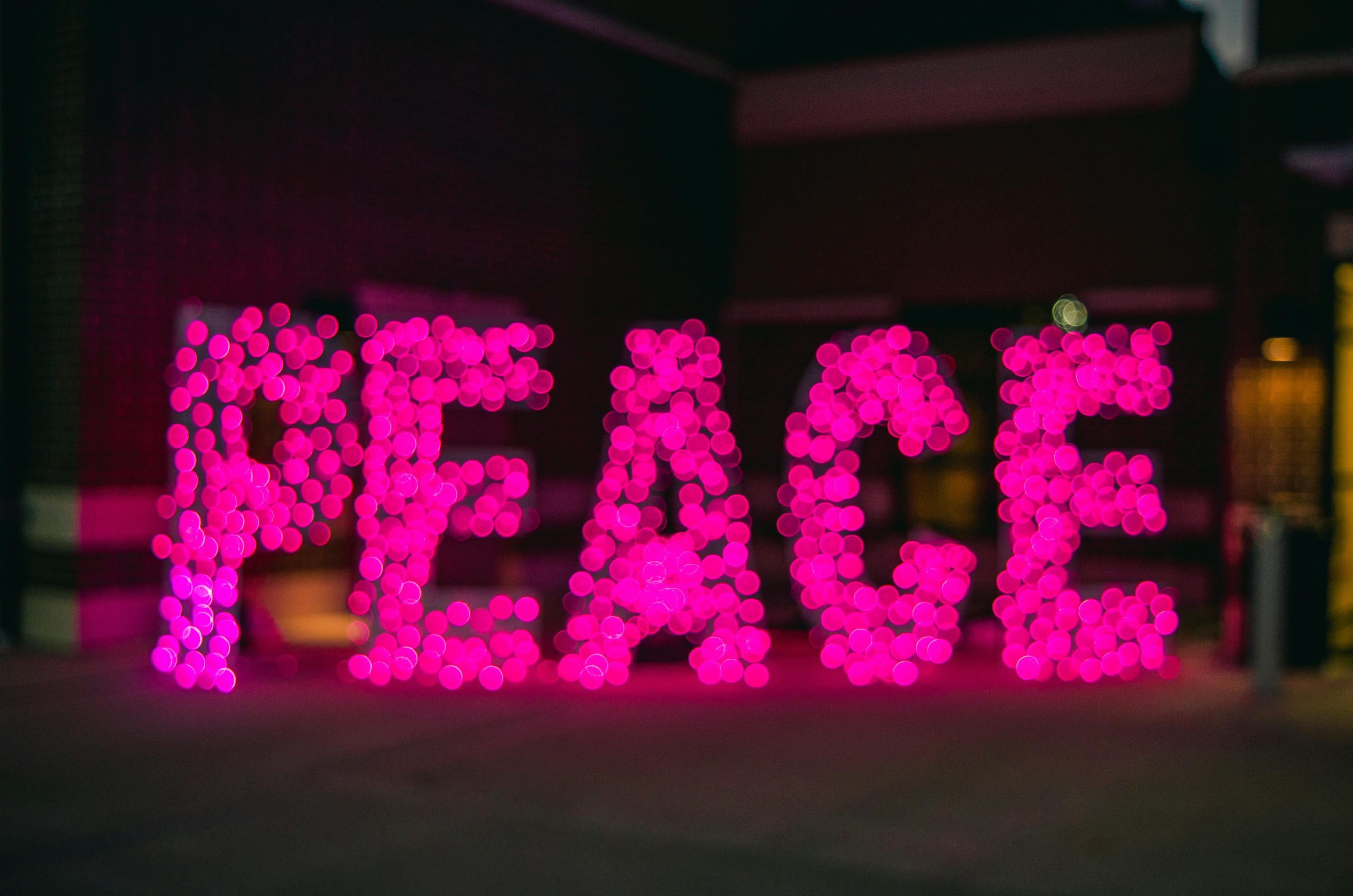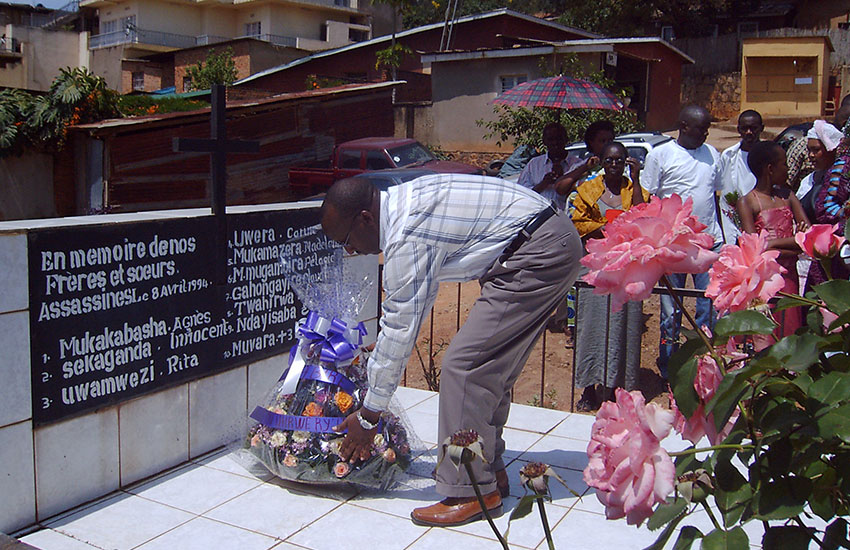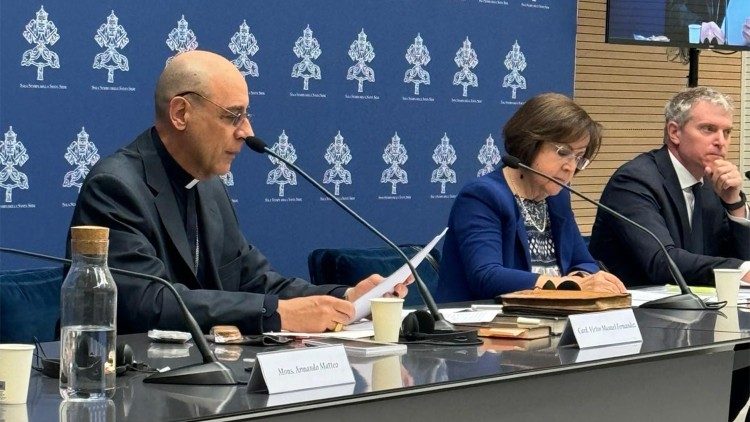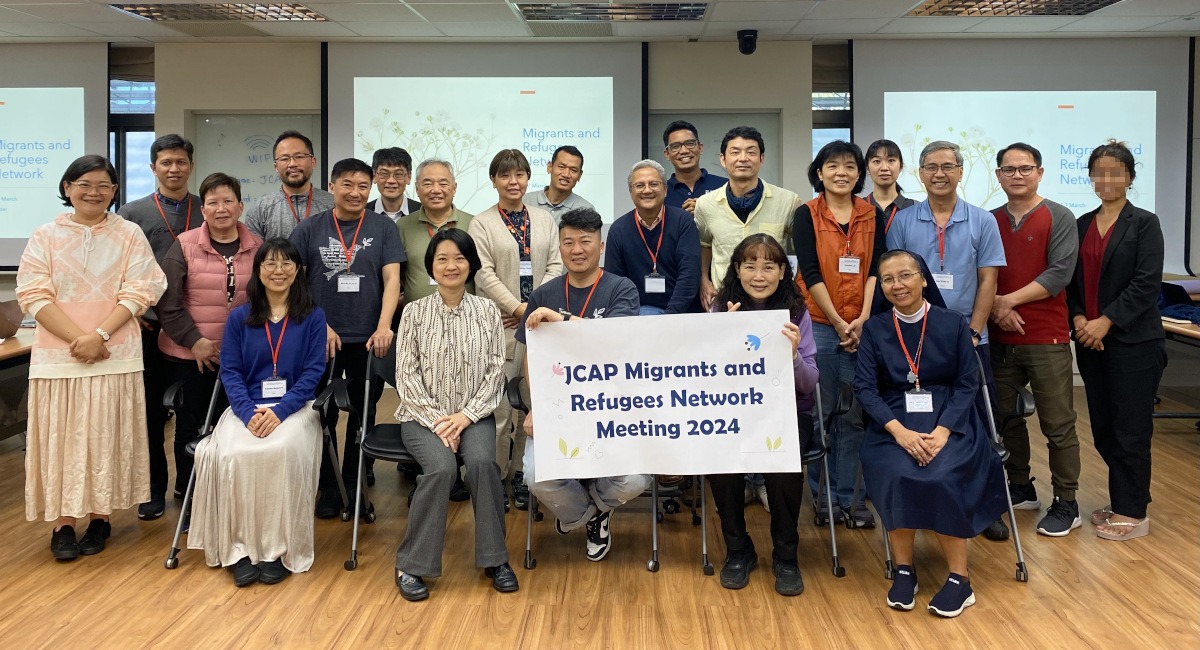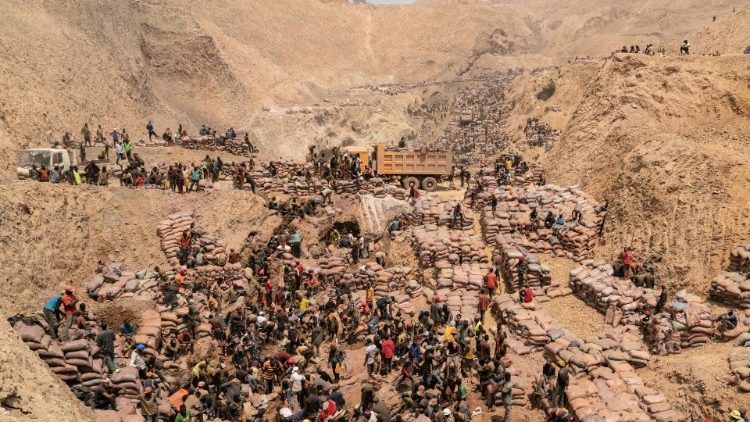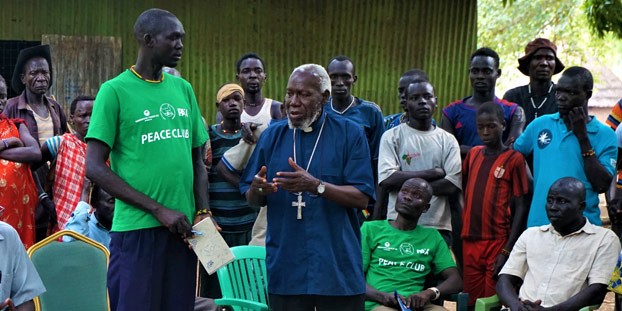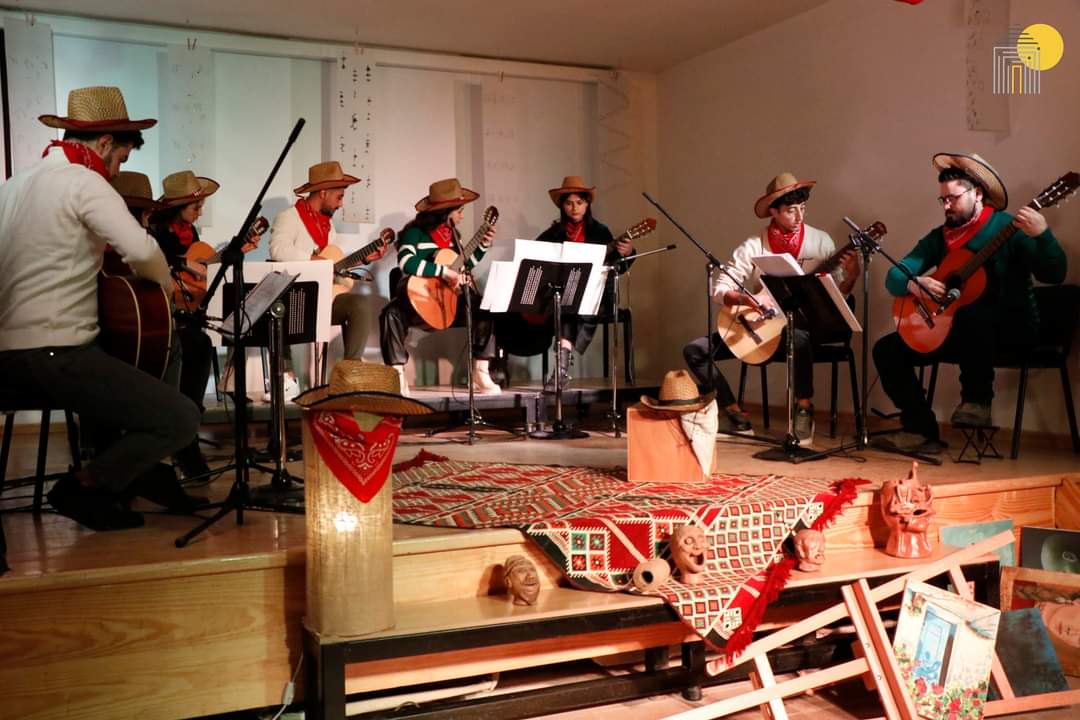Myanmar – Who are our neighbours? Remembering Myanmar in its present crisis and tribulation
“For three years now, the cries of pain and the noise of weapons have replaced the smiles that used to characterise the people of Myanmar.” These were the words of Pope Francis during his Angelus address on 28 January. He echoed the plea of Myanmar bishops, urging that “weapons of destruction be transformed into instruments for the growth of humanity and justice” and calling for the facilitation of humanitarian aid. His Holiness implored all parties involved to engage in dialogue and embrace understanding towards fraternal reconciliation in Myanmar.
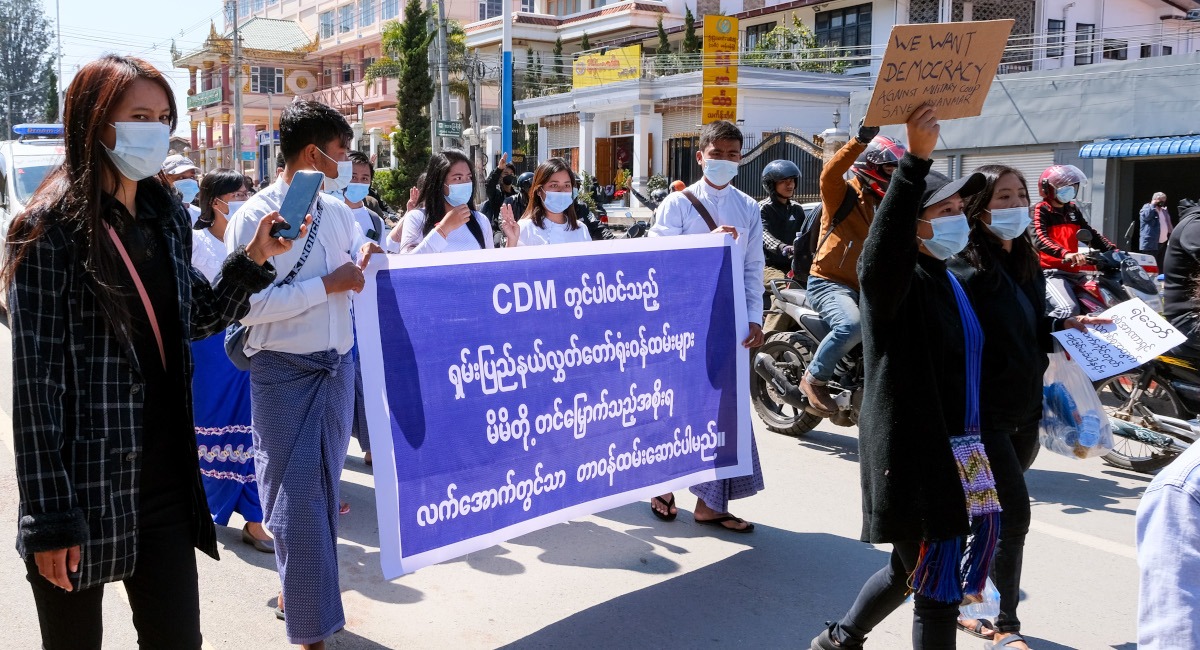
On 1 February, Myanmar marked the third anniversary of the coup d’état, where power was forcibly seized from a democratically elected government by the military junta in 2021. Since then, countless lives have been lost, displacement numbers have surged, and the anguished cries of pain have echoed endlessly throughout the nation. Both young and old are forced to take up arms in the struggle for freedom.
Consequently, Myanmar has been engulfed in a severe political, economic, and humanitarian crisis, with reports painting a grim picture: nearly 3,000 lives lost, approximately 17,000 individuals detained, and more than 1.5 million people forced into displacement. Despite international outcry and numerous appeals from different news agencies, calls for peace and respect for democracy and human rights have fallen on deaf ears as the junta continues its assault, inflicting harm and claiming the lives of innocent civilians.
While several political observers and social activists are optimistic about future elections, predictions suggest that the violence is unlikely to abate in 2024. Collaboration and assistance from neighbouring countries are crucial, yet progress on this front has been slow. Unfortunately, global attention has been diverted to other crises—between Russia and Ukraine, Israel and Hamas in Gaza, and the political tension developing between the Biden administration in Jordan and the Iran-backed group Hezbollah—leaving Myanmar’s plight overlooked and underserved.
However complex the crisis in Myanmar may seem from an outsider’s perspective, the stark reality is that innocent lives continue to be lost, and the futures of many, especially the children, hang in the balance. The urgency of the situation cannot be overstated, and concerted international action is needed to address the ongoing suffering in Myanmar.
Being part of Asia, it is our moral obligation to support and endorse assistance to our brethren in Myanmar. The least we can do is be sensitive and conscious of the continuous cruelties of the junta. It is also our ethical duty to acknowledge that, to a certain extent, we too are accountable for what is done by them.
Myanmar is currently experiencing significant trials. When the time is ripe, a big change will occur for the people of Myanmar. It is crucial that we approach this crisis with a sense of resolve and determination. By embracing the present moment as an opportunity for collective action and solidarity, we can lay the groundwork for a future that is characterised by hope, love, and unity, transcending race, ethnicity, religion, and social and political affiliation.
Júlio Sousa SJ
Source: jcapsj.org


